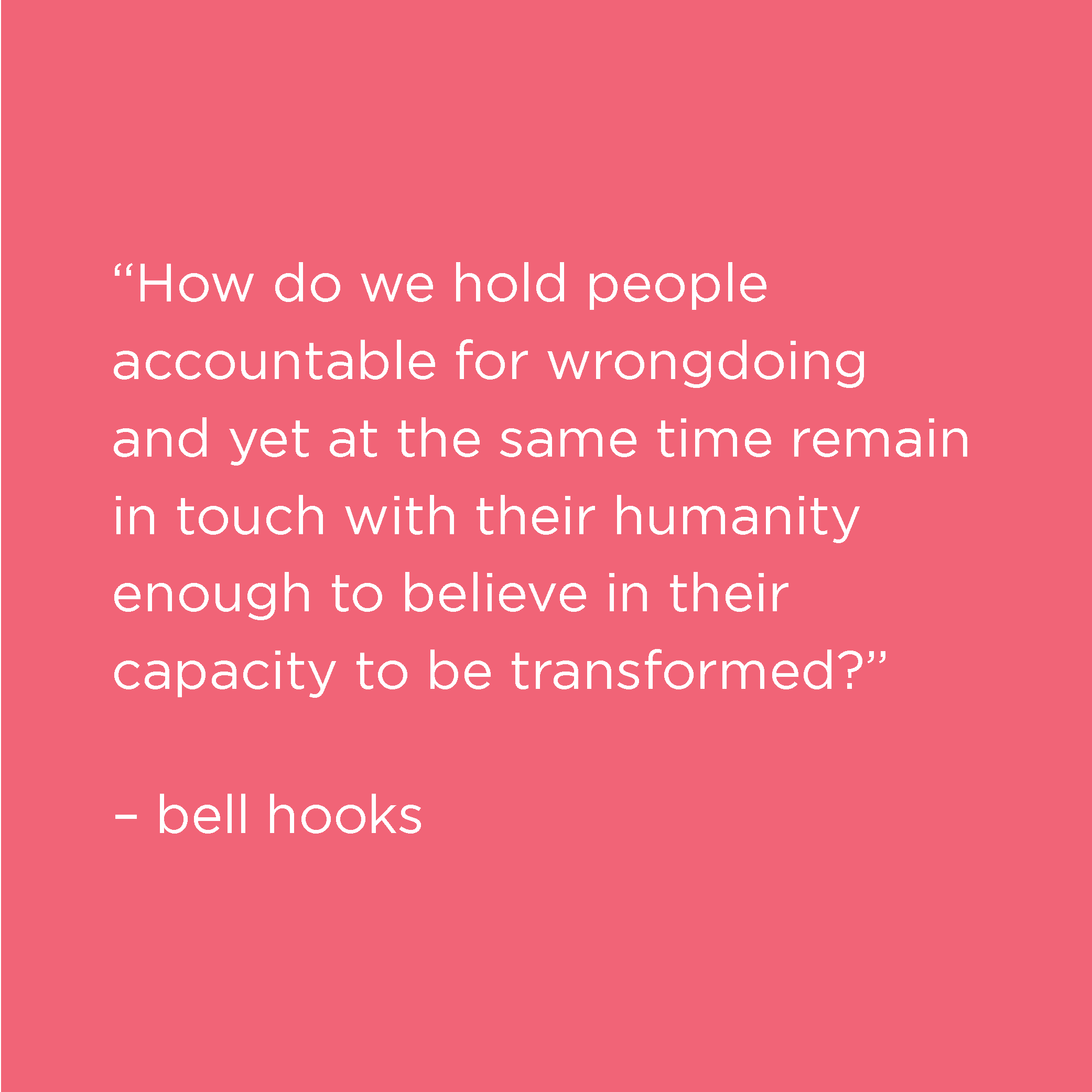
Pink Shirt Day: Building Healthy Online Communities In the Age of Cancel Culture
In today’s digital landscape, cancel culture has become a big part of online culture. It can be observed in our day-to-day online interactions, be it through posts on social media or the comment section. The phrase ‘You’re cancelled’ can be used both as a way to ostracize someone online and as a way to silence a discussion.
What do we mean by ‘Cancel Culture’?
‘Cancel culture’ is generally associated with high profile celebrities in publicized scandals due to their past or current beliefs that are deemed to be oppressive (racist, sexist, homophobic, etc.). In this blog post, we’re not talking about the denouncement of perpetrators and celebrities but rather cancel culture in the context of our own relationships and communities and how we engage with problematic beliefs online.
The expression to ‘cancel’ has been commonly used online to publicly condemn someone or something as no longer worthy of public support. This online phenomenon signals a cultural shift where as a society, we are becoming more socially aware and empowered to call out bigotry. We are at a point in our culture where we are demanding more accountability from those who perpetuate harmful, violent ideologies.
Why are we talking about Cancel Culture and Pink Shirt Day?
In a time where social justice issues are increasingly divisive, the ways that we interact and engage with people are becoming more polarized. And while accountability is necessary to achieving social justice, how do we navigate being critical while also holding space for compassion? To what degree is cancel culture moving us forward in achieving social justice? To what degree is it keeping these issues at an impasse?
Cancel culture allows us to demand accountability and take a stance on what is and isn’t acceptable. The problem with cancel culture is it does not allow people the capacity to learn from their mistakes. Cancelling someone fails to recognize that people are able to develop new ideologies over time – this is particularly important as it relates to youth. However, it is necessary to differentiate between people who hold oppressive beliefs and the systems that allow oppression to be perpetuated. We cannot individualize oppressive ideologies. These beliefs are learned.

In his TedTalk, Dylan Marron talks about how he turns online hate to positive offline conversations by asking the question: “Why did you write that?” In his experience, it was easier to speak with the people he disagreed with, rather than at them because he was able to humanize the person behind the screen. This fits with what research calls the ‘disinhibition effect’, which highlights how anonymity affects online interactions. We often associate online disinhibition effects with cyberbullying (e.g. trolling, cyberstalking) but these effects also impact the ways we engage in online discussions. In some cases, it might be easier to ‘cancel’ someone because of the ways that digital interactions can dehumanize and remove that element of empathy.
Empathy is not endorsement. Empathizing with someone you profoundly disagree with does not suddenly compromise your own deeply held beliefs and endorse theirs.
– Dylan Marron
With that said, it is also important to balance the capacity for empathy with an acknowledgement that everybody’s ability to engage is different. Some people might not feel safe or comfortable engaging with someone that holds harmful ideologies, especially if those beliefs are at the expense of their livelihoods and identities. It’s important to set boundaries for yourself and decide what is worth the emotional labour. The goal in questioning and exploring the impacts of cancel culture isn’t to say we have to give everyone a second chance. Rather, it’s to open up the conversation to explore what it means to balance being critical and engaging online in a meaningful way.
Join the Conversation
On February 27, YWCA Metro Vancouver and Hootsuite will host a panel discussion featuring experts, advocates and youth to explore how we can collectively build healthier online communities in the age of cancel culture. This is definitely not an easy topic with a clear ‘right’ or ‘wrong’. However, it’s an important and relevant topic to highlight as we explore what it might mean to hold space for growth and reflection.
Join us as we explore this important topic at our free event this Pink Shirt Day. Register now on Eventbrite.
The YWCA Youth Advisory Council has been exploring cancel culture in our monthly discussions with some much-needed nuance as it’s a huge component in how young people are experiencing online culture today.

